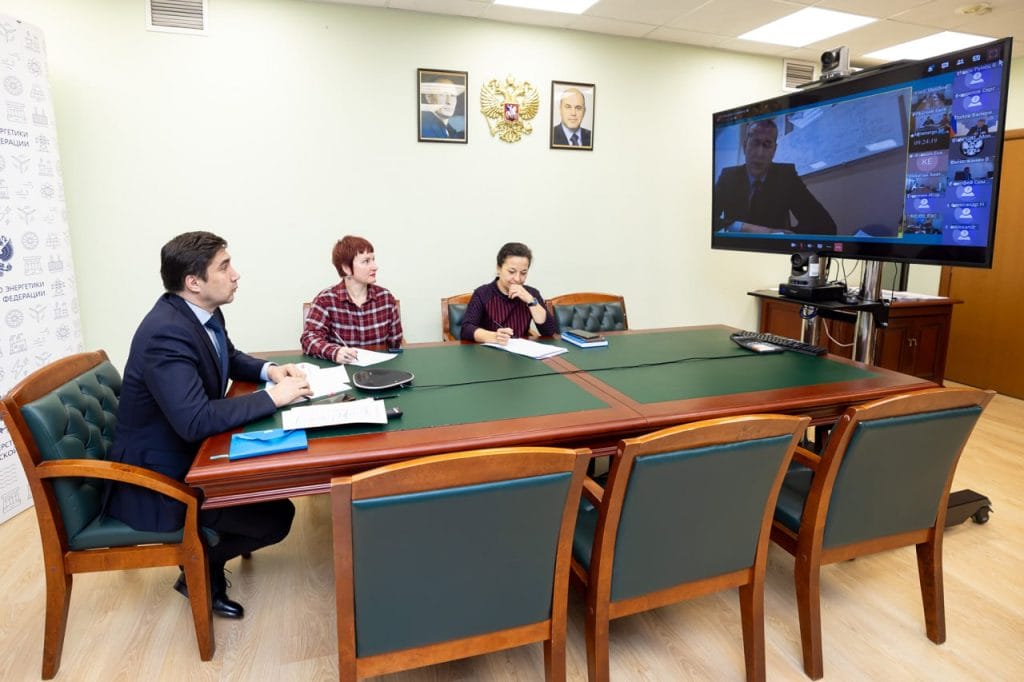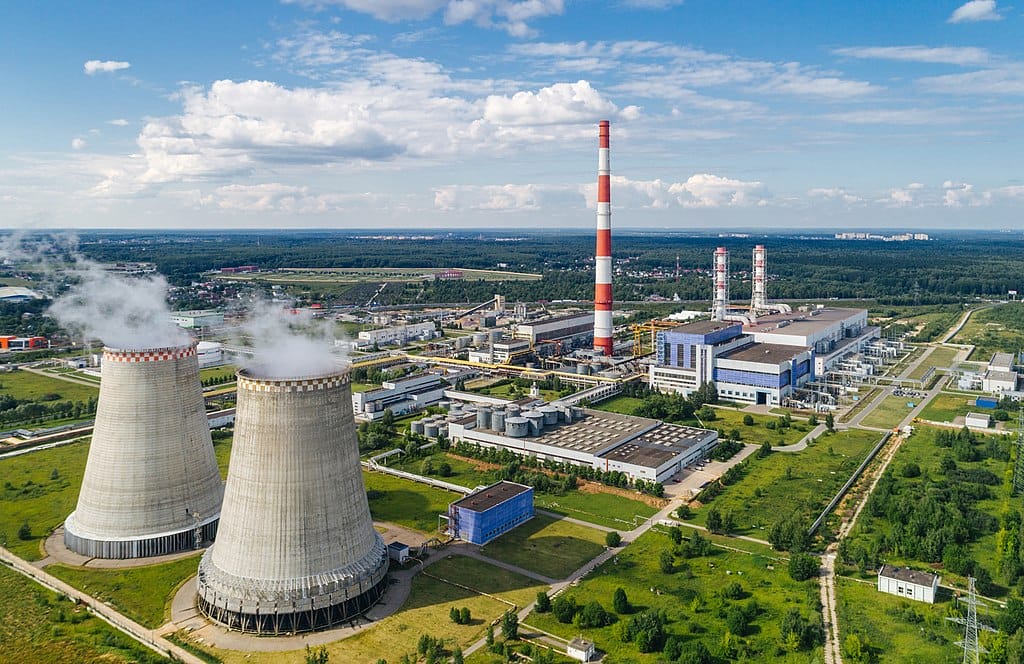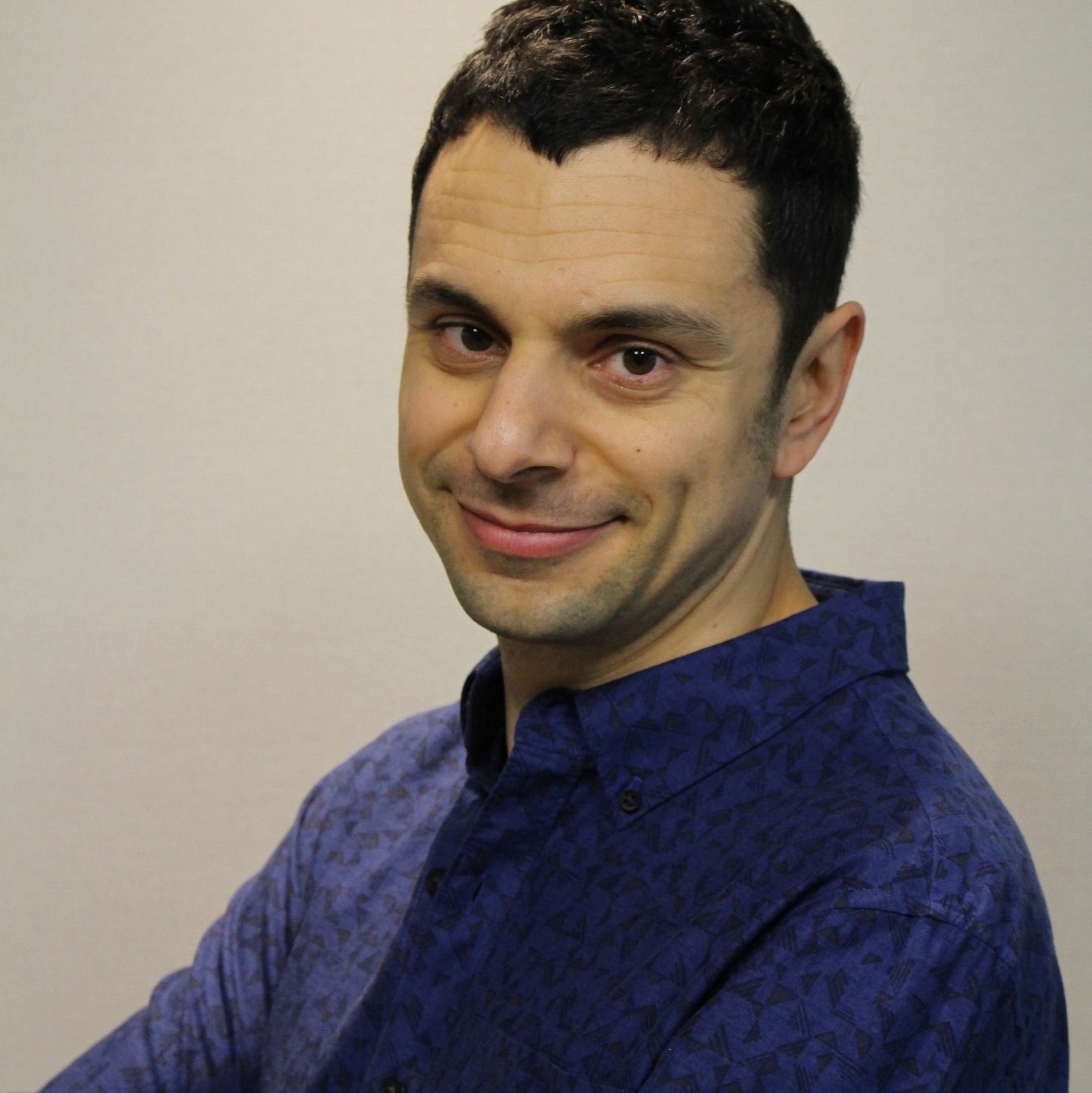Last updated:
 Why Trust Cryptonews
Why Trust Cryptonews
Ad Disclosure
We believe in full transparency with our readers. Some of our content includes affiliate links, and we may earn a commission through these partnerships. Read more

Russia’s Energy Ministry has unveiled plans to create a national registry of crypto mining rigs and other related hardware.
Per the Russian media outlet RBC and a post on the ministry’s official Telegram channel, the government wants to create a “unified registry” as part of its ongoing efforts to regulate the mining sector.
Russia’s Deputy Minister of Energy Yevgeny Grabchak unveiled the proposal at a “working meeting” on mining this week.
Why Does Russia’s Energy Ministry Want Crypto Mining Hardware Register?
The ministry thinks this measure will help it keep tabs on crypto miners as it looks to “increase the effectiveness of regional bans.”

Moscow is extremely keen to develop its crypto mining sector. Recently, some state-run organs have been given the green light to develop their crypto mining-related projects.
These could see crypto mining projects launched in the Russian Far East and in other parts of the country with surplus power.
However, Russian decision-makers are worried that a surge in mining could cause power shortages in energy-deficient areas.
Power Problems?
Some parts of the nation are already experiencing crypto mining-related power shortages. Moscow has responded with regional wintertime bans on mining in several parts of the country.
But these bans do not appear to have made much of a dent on the nation’s wide network of “grey” and illegal miners. May operators appear to be flaunting the bans.
Thus, the ministry appears to think it will be able to keep tabs on miners by forcing them to report on their mining rig purchases.

Growth Potential
Grabchak’s proposal would see Moscow create a single register of “equipment without which cryptocurrency mining is impossible.”
“The fundamental task of the registry will be optimizing the mechanisms for identifying mining activities. This will help us effectively enforce bans on mining in regions where it is prohibited.”
Russian Energy Ministry
Additionally, the ministry said, the registry could help boost crypto mining in other regions.
The registry will help economic growth, including through the introduction of new IT solutions, the ministry added.
Russia’s Energy Ministry has spearheaded work on the bans, which some provinces already want to see extended.
Furthermore, Grabchak claimed that Russian crypto miners “have increased their electricity consumption by 14% in the past two years.”
He added that crypto miners “have used up all available capacity in some areas.” And this means “new consumers (miners)” “cannot connect to these networks,” Grabchak said.
















